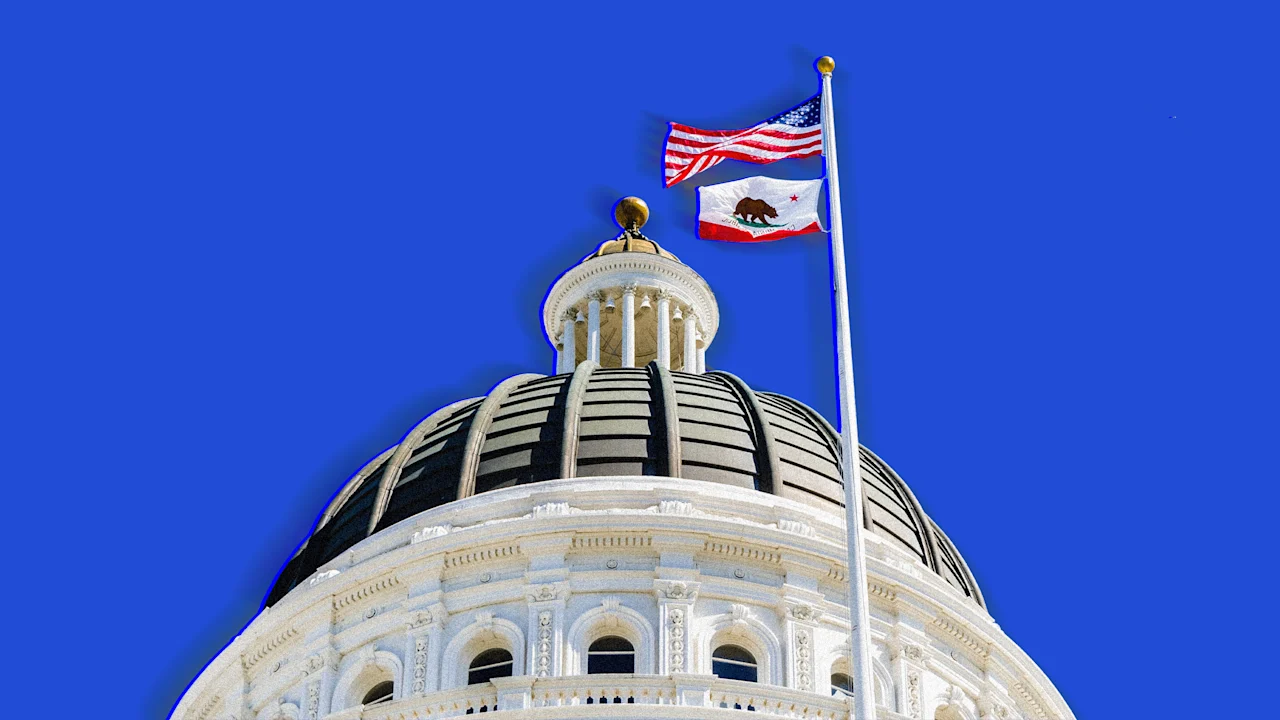California's Latest AI Regulation Moves Forward Amid Industry Pushback
Author: Mark Sullivan

California is making another attempt to establish regulation around artificial intelligence (AI) with a new bill known as SB 53. This is the state's second effort to impose safety regulations on AI developers after Governor Gavin Newsom vetoed a previous bill, SB 1047, amid heavy opposition from AI startups and venture capitalists. The bill aims to ensure that the development of AI is both innovative and responsible, especially given the state's pivotal role in the AI industry.
Senator Scott Wiener, who authored SB 1047, has revised the legislation in light of industry concerns and guidance from the newly formed Joint Policy Working Group on Frontier AI Models. The updated bill requires companies to submit confidential risk assessments to the Governor's Office of Emergency Services if they develop certain high-capacity AI models. This move is designed to increase accountability and maintain public welfare, especially regarding the building of models that might mislead users.
In addition to risk assessments, SB 53 includes provisions aimed at creating a public cloud computing resource, named CalCompute, at the University of California. This facility is intended to provide affordable computing access to startups and academic institutions, thus promoting innovation while maintaining safety in AI development. The final votes on the bill are expected shortly, and there is optimism that the amendments made will lead to its passing before the legislative session concludes.

California's SB 53 aims to establish thorough AI safety regulations.
The focus on AI regulation comes at a time when the technology sector is facing pressures from different factions. Not only are there businesses eager for innovation and investment returns, but there are also concerns about security, ethics, and transparency regarding AI systems. Various incidents have highlighted failures and vulnerabilities in AI applications, prompting a call for more robust oversight.
In related news, California's AI ecosystem is also seeing significant investments in startups focused on generative AI technologies. Companies such as Replit and Anysphere are garnering attention from venture capitalists, attracting hundreds of millions in funding. These firms provide solutions that allow users to generate code through simple verbal commands. While this technology promises to streamline development, it has also raised alarm bells regarding potential security risks.
Instances of subpar code generation leading to security breaches have already come to light. Despite these risks, the wave of funding suggests that investors believe in the long-term viability of these coding tools. Replit, for instance, has recently raised $250 million while tripling its company valuation. As the field progresses, the influence of AI coding tools is being regarded as a transformative force in software development, even though growing pains persist.
On a different front, major tech companies, including Apple, are integrating advanced AI capabilities into their products. Apple’s recent announcement regarding the AirPods Pro 3 features notable enhancements such as live translation capabilities. The integration of AI is seen as an effort to maintain competitiveness in an area they are perceived as lagging.

Apple's AirPods Pro 3 features live translation powered by AI.
These developments in both regulation and product innovation indicate a rapidly evolving landscape for AI in California. As the state strives to find a balance between fostering innovation and ensuring safety, it becomes ever more crucial for policymakers to stay ahead of potential risks associated with AI technologies.
In conclusion, California's movement towards AI regulation through SB 53 marks a significant step in addressing the complexities surrounding AI development. As the state holds a position at the forefront of technology advancement, the outcomes of these legislative efforts will likely influence national conversations on AI governance. With a blend of proactive measures and increasing scrutiny from both the public and private sectors, the future trajectory of AI in California remains a critical area to watch.